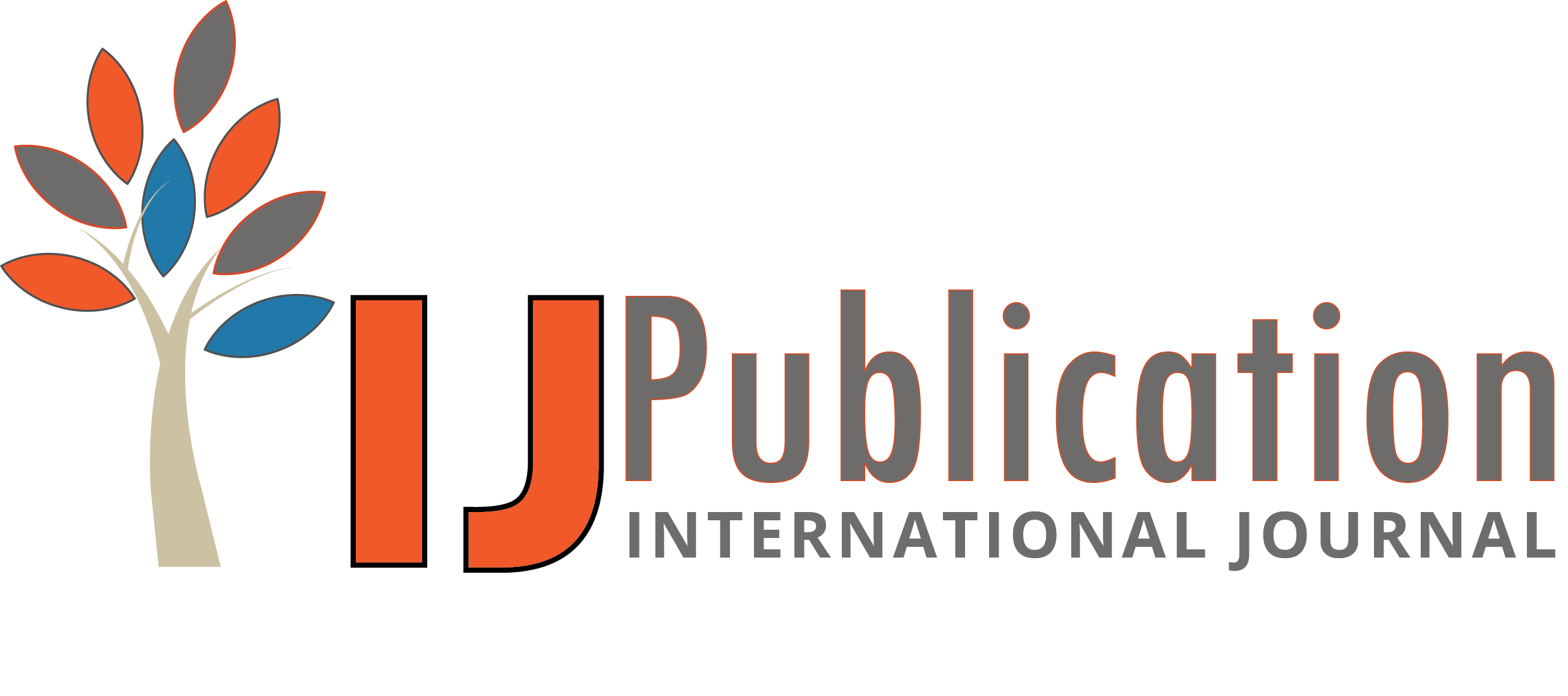Neelam Gupta Reviewer
15 Sep 2025 04:43 PM
 Approved
Approved
Relevance and Originality
This research offers a highly relevant and timely exploration of artificial intelligence in mobile banking, particularly in relation to financial inclusion and ethical responsibility. Its focus on emerging markets and the dual nature of innovation—opportunity and risk—sets it apart from conventional fintech studies. By integrating socio-technical concerns such as algorithmic bias and regional regulatory disparities, the article makes a novel contribution to the discourse on ethical AI, financial democratization, and inclusive finance. It addresses a pressing global challenge, making it an essential addition to research on aiinfinance ethicalai mobilebankinginnovation.
Methodology
Assuming the article employs a multidisciplinary approach combining policy analysis, technological assessment, and case-based exploration, the methodology appears well-suited to unpack the layered complexities of AI integration in mobile financial services. The discussion of onboarding, credit assessment, and geographic variability implies a nuanced research design. However, for stronger academic rigor, the study would benefit from clearly detailing its methodological framework—such as criteria for case selection or stakeholder analysis techniques—especially in evaluating ethical impacts. This would enhance transparency and reproducibility aiethicsframework comparativeanalysis fintechdeployment.
Validity & Reliability
The conclusions drawn appear sound and supported by current developments in AI and mobile banking ecosystems, especially the tension between innovation and ethical accountability. References to real-world concerns like data privacy, discrimination risks, and regulatory divergence add credibility. Nevertheless, the robustness of the findings would be significantly reinforced if supported by empirical evidence or multi-market comparisons. Clearer links between the proposed ethical frameworks and observed outcomes would increase confidence in the study’s generalizability and practical utility algorithmictransparency governancechallenges responsibleai.
Clarity and Structure
The article is structured in a logical and accessible manner, effectively balancing technical insight with ethical discourse. Its progression from service enhancements to ethical risks and regulatory contexts ensures a coherent narrative that guides the reader through complex interdependencies. The use of clear language, despite discussing advanced concepts like AI decision processes, enhances readability. Further clarity could be achieved by segmenting regional case insights more explicitly, which would strengthen the comparative aspect of the analysis mobiletech clarityinargument fintechpolicy.
Result Analysis
The discussion demonstrates thoughtful interpretation of the data and reflects a comprehensive understanding of the real-world implications of AI-driven mobile banking. The ethical challenges are not merely acknowledged but critically examined, especially regarding privacy, bias, and governance. The recommendations for stakeholder-inclusive frameworks and regional adaptability appear well-founded and actionable, aligning both technological advancement and ethical stewardship aiapplication biasmitigation inclusivefinanceimpact.








Neelam Gupta Reviewer